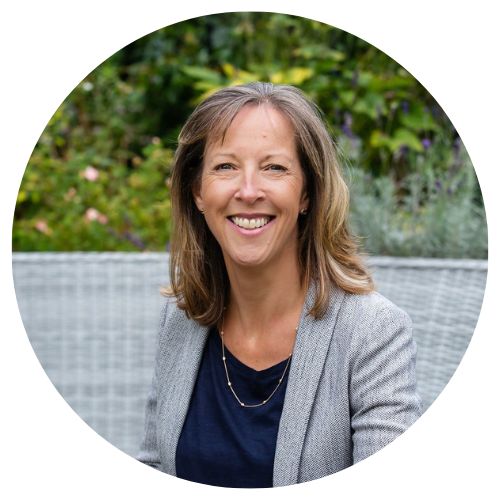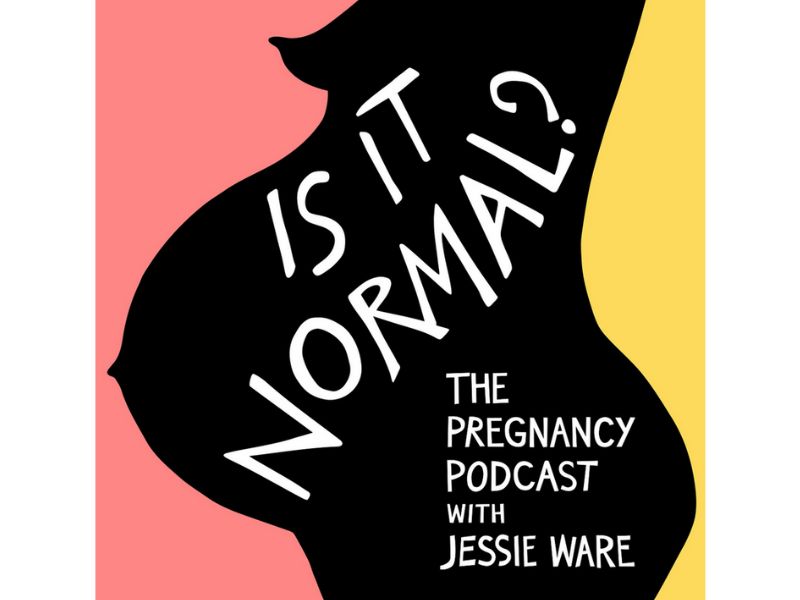What happens when we take the time to look away from our phones and divert our ears away from the podcasts and news bulletins to simply sit in silence? Rosie Nice, author of The MAGIC Happens in the Silence, shares how spending quiet time can help us reflect on our lives to find the answers we are looking for.
Aristotle famously wrote that “Knowing yourself is the beginning of all wisdom”, and spending time in silent reflection is one of the best ways of developing this self-awareness. The relationship we have with ourselves is one of the most important relationships in our lives. To build a happy life, we first need to know who we really are.
Taking time for silent reflection can increase your self-awareness, and help you learn from your experiences, empowering you to take responsibility for your own development and increasing your success, whatever that means for you.
The value of personal reflection is widely recognised in many professions, including counselling, coaching, healthcare and sport. It helps us process events and learn from our experiences. Spending just 5 minutes a day in reflective silence can improve our wellbeing, according to the NHS. Quiet reflection also enables us to choose thoughtful responses to happenings in our lives.
The power of reflective silence has long been recognised, creating space for us to tune into our thoughts and feelings, get to know ourselves better and find peace to think clearly about life’s challenges. All major religions embody elements of silence, and mindfulness and meditation are also centred around its benefits. I believe that making time in your day to quietly think, without distractions, can be transformational.
Build a little time into every day for silent reflection. When your mind feels overwhelmed or cluttered, stop and take a few deep breaths. Sit somewhere peaceful and close your eyes. Listen to the sounds around you and let your mind wander. Put your phone away, and just ‘be present’ in the moment.
Here are 7 ways to bring quiet reflection into your life, using the acronym SILENCE.
S – Slow down: Life is busy, but try to give yourself some breaks for thinking time. Your most helpful insights may happen when you move away from a problem you are facing.
I – Introspection: Hold up a metaphorical mirror and look within to find your answers.
L – Listen: Listen to your head and your heart. Tune in to your rational mind but trust your intuition too.
E – Empathy: Be kind to yourself. The purpose is to raise our self-awareness, not berate ourselves.
N – Notice: Be aware of how you are feeling, physically and emotionally.
C – Calm: Find somewhere peaceful and take a few deep breaths, to create a calm environment for yourself.
E – Engage: Turn off notifications and minimise distractions to fully engage with the present.
A lovely exercise is to create 5 minutes of reflective silence at the beginning and end of every day. As you wake, think about what you are looking forward to in the day ahead. When a day feels daunting, it can be uplifting to consider the positives, even just the prospect of a difficult event being over! At the end of the day, before sleeping, it can be calming to reflect on 3 things which you have enjoyed or are grateful for today.
When reflecting, find somewhere peaceful where you won’t be interrupted. Walking, running, gardening or sitting with a quiet cup of tea, are all great ways to create space for reflective thought. Some of us enjoy reflecting alone, while others prefer to find their silence in an uninterrupted, reflective conversation with a friend, partner or coach.
Here are some things to contemplate within the silence, to enhance your self-awareness.
1. Consider the present. Hold up a metaphorical mirror and reflect on your life. What do you really love doing? When is your enthusiasm highest?
What are your strengths and capabilities? In which areas are you confident about your expertise? Success and contentment often come from combining our enthusiasm with our expertise, when we spend our time doing what we love and are good at.
There will be some areas in your life where your enthusiasm is high, but your expertise is low. You enjoy these activities but have yet to develop the ability to do them well. These are personal development opportunities, so look for ways to increase these skills.
Conversely, how much time do you spend doing things you are good at, but you don’t enjoy? Can you rediscover your enthusiasm here? Or is it time for a change?
2. Consider the past. What are the pivotal moments in your life which have led you to today? Can you pinpoint some ‘sliding doors’ moments when your decisions took you along your current pathway?
Which past actions are you grateful for because they enabled you to move forward and achieve success? Are there any decisions that you are less pleased about? What can you learn from these reflections? Show yourself plenty of self-compassion here. This is about learning, not regrets.
3. Consider the future. Imagine yourself at the end of this month, year or decade. What achievements would you love to see reflected back at you in this mirror, personally, and professionally? If you could wave a magic wand, what would you really like to achieve? How can you spend more time engaging in activities where your enthusiasm and expertise are high? Visualising the future is very powerful: imagine living your best life – what are you doing, thinking and feeling? Create a ‘personal vision statement’ or choose one word to represent your future.
4. Consider your values. Self-reflection can help you define what is truly important to you. Your values are your core beliefs about what matters most, and they play a key role in determining your priorities and influencing your behaviour. Think about the relative importance to you of family, relationships, career, status, money, spirituality, health, and other factors. Clarifying your values helps you make choices which feel more meaningful, and your aspirations and goals become far more authentic when they consciously align with your values.
It can be powerful to bring reflective silence into your relationships as well. When people have lost their partner, or are lonely, they often say they miss having someone to spend quiet time with. They may have a network of friends and family to do fun things with, but no one to do nothing with, or be silent with. A great way to feel the benefits of silence is by enhancing the quality of our listening. Listening is one of the most underrated communication skills and one we can probably all improve, and is a fabulous way to show that you value someone.
So, how can we listen more effectively? Firstly, remove distractions. Stop what you are doing, put your phone away, and really be present. Don’t interrupt. When we are engaged in a conversation, we often don’t let the other person finish speaking because we are so keen to talk ourselves. A conversation can be like a spotlight, moving from speaker to speaker, and often we turn the spotlight onto ourselves.
Try keeping the beam of light on the other person. Instead of talking about you, ask about them, and what they have just said. Stop talking, and really listen. You’ll be amazed at the difference when you use positive silence more frequently.
 About the author
About the author
Rosie Nice is the founder of MAGIC Coaching and is author of The MAGIC Happens in the Silence, a guide to the art of reflective coaching (Rethink, £16.99).









